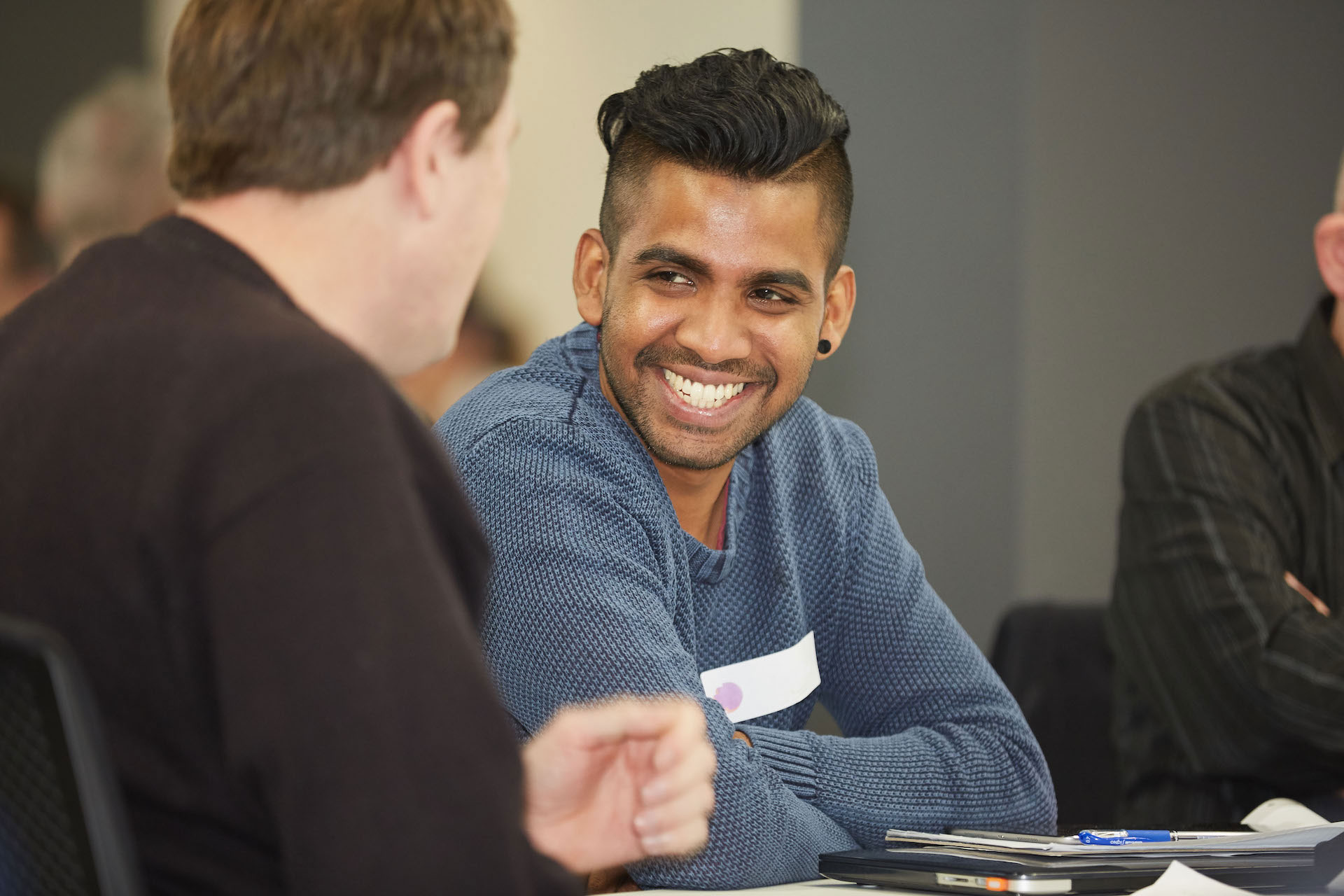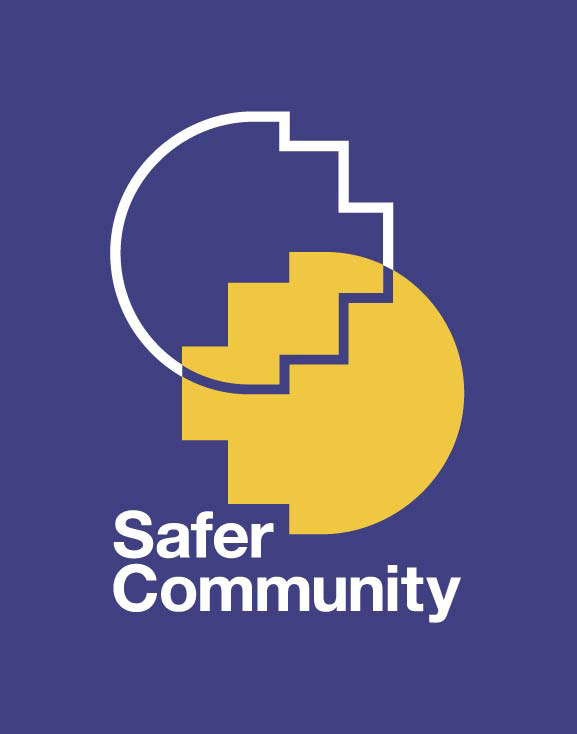
At RMIT we used the term 'sexual harm' as an umbrella term when talking about unwanted sexual acts that include sexual harassment and sexual assault, including rape.
Sexual harm can be any unwanted sexual act; or attempt to obtain a sexual act; unwanted comments, or advances and can be by any person, in any setting (in person or online).
The term sexual harassment refers to any unwanted or unwelcome sexual behaviour that makes a person feel offended, humiliated or intimidated. This term can be used to describe many unwanted sexual behaviours such as sexual comments repeated requests for dates, sending or displaying explicit images or content.
(Australian Human Rights Commission, 2021).
Sexual assault is sexual activity that a person has not consented to.
It doesn't matter when it happened, whether it occurred on campus, at a University event, during a placement, or in your personal life away from the University - support is always available.
What kinds of behaviours count as sexual assault?
Sexual offending (assault), as defined by Victoria Police refers to a broad range of sexual behaviours by another person that make you feel uncomfortable, frightened, threatened. It doesn't always include physical harm or injury but it can do.
Sexual assault can include any or all of:
(Victoria police, 2017, sexual offences section)

Watch here to find out more about reporting sexual harm at RMIT, including how Safer Community can support students to make informed decisions about their next steps. In some cases, the University will be obligated by law to report matters to the police.
What do you do if someone tells you they have experienced sexual harm? While it might seem daunting, chances are the person reached out to you because they trust you. When someone has experienced sexual harm their choices have been taken away from them, so it is important for them to reclaim control of their decision making. You can encourage them to seek support and advise them of their support options, but respect them in their decisions.
It is important to respond to disclosures of sexual harm in a supportive, compassionate and non-blaming way so that you do not cause further distress to the person who discloses to you. Most importantly you must listen, believe and affirm. This may include helping them to find support.
Consent is when someone understands what they’re being asked to do, and they give their permission clearly and freely – without feeling pressured.
It is an important part of healthy and respectful sexual interactions and relationships, including online and in real life. Knowing your boundaries, respecting other people’s boundaries, as well as understanding the law and being able to talk about consent is important.
Consent is an ongoing process in any sexual act or relationship, learn more about the 5 core concepts of consent or about your legal rights at Youth Law Australia

RMIT has partnered with Learning Consent to provide all students with an engaging and interactive e-learn that explores all things sex and consent.
We can talk to you about your rights and options – including where and how you can report what has happened. You are entitled to choose the path that is best for you. Sometimes we will need to take steps to protect the safety of our community – we will always discuss this with you first.
If you’ve experienced sexual assault or sexual harassment or have a friend that has, you can contact Safer Community.
We can provide specialist support, help you with safety planning, connect you with practical support services (e.g housing, financial, legal). You may require special consideration, or support around timetabling or other academic assistance.
We can connect you with Victoria’s specialist sexual assault counselling and advocacy service - the Centre Against Sexual Assault (CASA). RMIT Counsellors are also available.

You can make a report. We can help.
Do I have to make a report?
No.
What can the University do if I don’t make a report?
We can provide you with support and talk about your other options.
Can I change my mind and make a report later?
Yes
If I make a report what happens?
The matter will be investigated. If it involves another student the investigation will be conducted by Student Governance Unit of the Academic Registrar’s Group. If it involves a staff member or a third party connected to RMIT, the investigation will be conducted by Policy and Workplace Relations. The person investigating may need to speak with you about what has happened. You may want the support of a student rights officer, a family member or a friend. A member from Safer Community can also provide this support.
What happens next?
The University can’t make decisions about whether a crime has been committed. Instead, the report investigator will consider what happened and whether the university’s rules about behaviour have been broken. The University Student Conduct Board (for students) or Policy and Workplace Relations (for staff) will make a decision about the outcome or penalty.
Will I have to attend?
No you don’t have to – your statement and the investigation findings can be used.
Can I attend if I want to?
You can ask to attend and your request will be considered.
Can the University make the report to the police?
Usually the police will need to speak to the people directly involved – so we can't make a report for you. Victoria Police have specialist teams to help with sexual offences, called Sexual Offence and Child Abuse Investigation Teams (SOCITs). We can support you to make a report to the police.
If you are under 18 years old, the law says we have to tell the police.
What will the police do?
The police will want to hear from you about what happened before they decide on the next step. If they think you are in immediate danger, they may apply to a magistrate for an intervention order.
Do I have to report to the police?
No
Can I report to the police later?
Yes
Do I need a lawyer to report to the police?
No
Safer Community
Advice and support for students who have experienced threatening or concerning behaviour, including sexual harm or family violence.
Campus Security
Campus security staff are available to respond immediately to emergency situations on campus.
RMIT Urgent Mental Health Support
Offshore International
For students who are currently offshore and require support.
Sexual Assault Crisis Line
Provides an after-hours, confidential telephone crisis counselling service for victim/survivors of both past and recent sexual assault.
Centre Against Sexual Assault (CASA)
CASA provides specialist, sexual assault counselling and advocacy throughout Victoria. The CASA’s listed below are those provided closest to our campuses.
1800 RESPECT
National Sexual Assault, Domestic Family Violence Counselling Service
InTouch
Multicultural centre against family violence providing crisis support for people from culturally diverse backgrounds
QLife
Provides peer support for lesbian, gay, bixsexual, transgender, queer and intersex (LGBTQI+) people and their friends families and allies.
Djirra
Provides culturally safe and accessible services to Aboriginal people seeking support.
Women’s Information and Referral Exchange (WIRE)
Provides free support, referral and information on any issue for all Victorian women, non-binary and gender diverse people.
MensLine Australia
Telephone and online counselling service for men with emotional health and relationship concerns including issues of violence.
Men’s Referral Service
Telephone advice and counselling for men who need support for family violence.
Find information about reporting a sexual offence to police in easy to read English and other languages.
More language options:


RMIT University acknowledges the people of the Woi wurrung and Boon wurrung language groups of the eastern Kulin Nation on whose unceded lands we conduct the business of the University. RMIT University respectfully acknowledges their Ancestors and Elders, past and present. RMIT also acknowledges the Traditional Custodians and their Ancestors of the lands and waters across Australia where we conduct our business - Artwork 'Sentient' by Hollie Johnson, Gunaikurnai and Monero Ngarigo.
More information